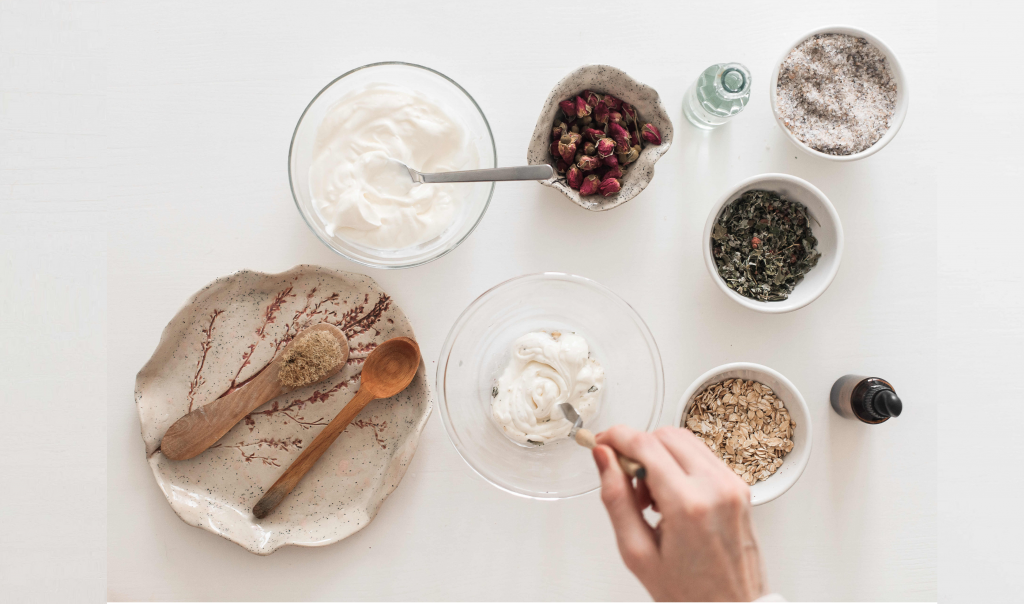Daily Practices to Improve Mental Health
There isn’t one single thing that leads to optimal mental health, but incorporating these positive practices into your routine can make a real difference to your mindset and general wellbeing.
NOTE: If you or anyone you know needs urgent help, call the following numbers for support and advice: Lifeline 13 11 14 | Kids Helpline 1800 55 1800 | Beyond Blue 1300 224 636.
Get a Good Night’s Sleep
Most adults feel their best when they get between 7 and 9 hours of sleep per night. Consistently reaching this target is admittedly easier said than done, so here are some tips to help you drift off sooner:
- Avoid caffeine for at least 6 hours before bed.
- Lower the room temperature with a fan, air conditioning, or by opening windows.
- Set a sleep schedule that your internal clock can become accustomed to.
- Avoid naps during the day.
- Try a sleep visualisation – picturing calm, restful imagery helps your mind break away from stressful thoughts.
- Avoid screens in the hour preceding bedtime.
Limit Alcohol Consumption
Though alcohol can help you feel relaxed and happy in the moment, the next day is a different story entirely. Hangover anxiety (or ‘hangxiety) is the consequence of alcohol-induced chemical changes in the brain. It involves intense feelings of embarrassment and worry that last for up to two days.
Preserve your mental health by avoiding alcohol as much as possible. If you do imbibe, space your drinks out with something non-alcoholic and stick to a predefined limit.
Create Healthy Morning Habits

Start your day on the right foot with a healthy morning habit. What that looks like is up to you. Whether it’s meditation, breathwork, preparing a nutritious breakfast, sun exposure, a peaceful walk, or simply making your bed, ensure it’s something gentle that you can perform regularly.
As well as being relaxing in itself, ticking off a minor goal first thing in the morning imparts a sense of achievement that will carry throughout the day.
Exercise
The link between mental ‘fitness’ and physical fitness is well established. Exercise bumps up your brain’s production of feel good endorphins, improves self-esteem, and elevates cognitive function.
Join a team sport or recruit a workout buddy for maximum benefit. This will help keep you on track and give you time to socialise – another important wellness practice.
Avoid Too Much Social Media
While in-person connection reduces anxiety, too much virtual ‘socialising’ can do the opposite. Mindless social media use has been associated with increased stress, pressure to compare yourself to others, and greater feelings of sadness and isolation.
By all means enjoy chatting to friends online, but be wary of the time you spend scrolling through content on these platforms. Consider setting a limit on screen time or ditching social media altogether.
Chill Out and Get Steamy
A bevy of scientific research has been released of late supporting the mental health-boosting properties of hot and cold exposure.
You may have seen athletes taking to ice baths to relieve muscle soreness, but braving the cold has also shown to be highly effective in elevating mood and minimising negative feelings. Heat exposure produces much the same effect, one study even suggesting it may reduce the risk of psychotic disorders.
Australian company iCoolsport is a great one stop shop for those to enjoy everything that hot and cold plunges have to offer.
Look After Your Gut
Though there is much for us to learn about the role the gut microbiome plays in our overall physiology, one thing is well understood: it influences mental health.
The digestive system contains a balance of ‘good’ and ‘bad’ bacteria. When this microbial population shifts for the worse it causes a cascade of biological processes that can induce feelings of depression and anxiety.
It’s recommended that you eat a wide range of fruit and vegetables daily to maintain optimal gut flora. These provide the fibre (prebiotics) needed to fuel a healthy digestive system. Also consider fermented foods such as kimchi, miso soup, and yoghurt as they contain naturally occuring good bacteria (probiotics).
Biotica Water is a handy way for those interested in improving gut health to consume both prebiotics and probiotics at once.
Seek Professional Help
If you experience lasting or severe mental health issues, be sure to reach out to your doctor for treatment options. They’ll be able to guide you to a mental health specialist and offer solutions specific to your circumstances.
Looking for NDIS Mental Health Support?
Urzi Psychology is a clinical practice on the Gold Coast that is a preferred NDIS-registered provider of therapeutic and core supports for NDIS participants.
Our staff have years of professional training and clinical skills to help individuals to cope and function more effectively in their everyday lives. We empower our clients by using a variety of techniques and strategies based on the most current research.
Each client’s treatment is carefully formulated to their individual needs, taking into consideration each person’s unique values, personal characteristics, goals, and circumstances.
Peruse our website for more information.

